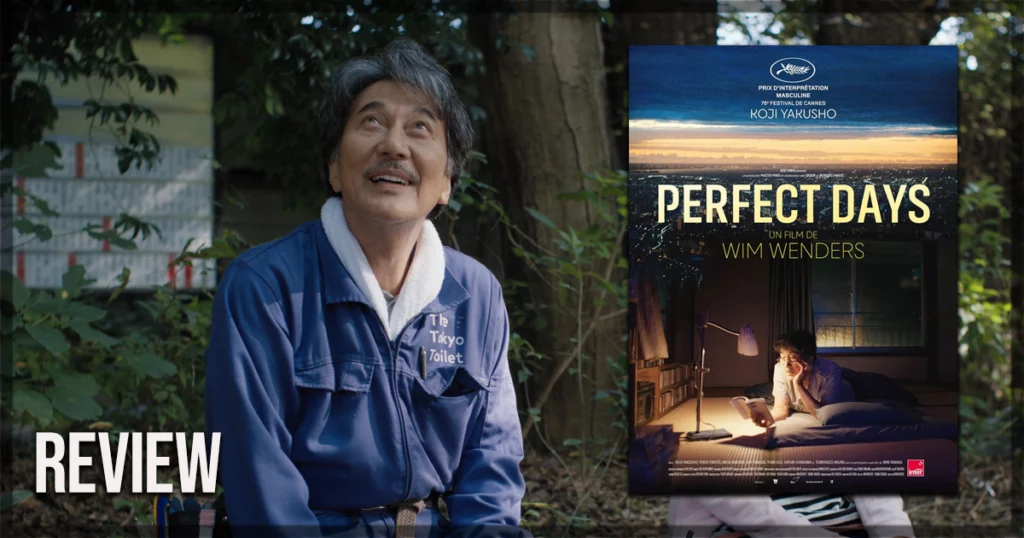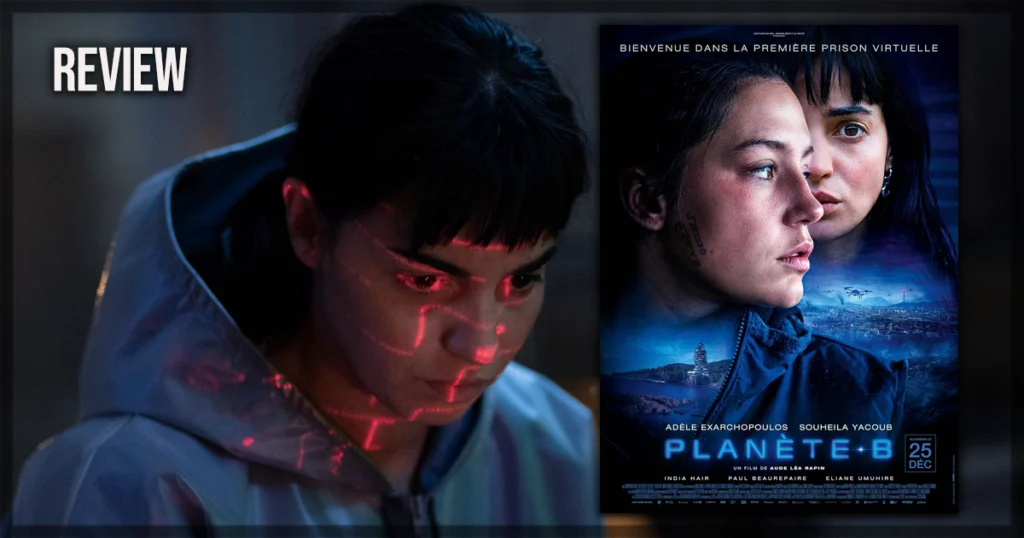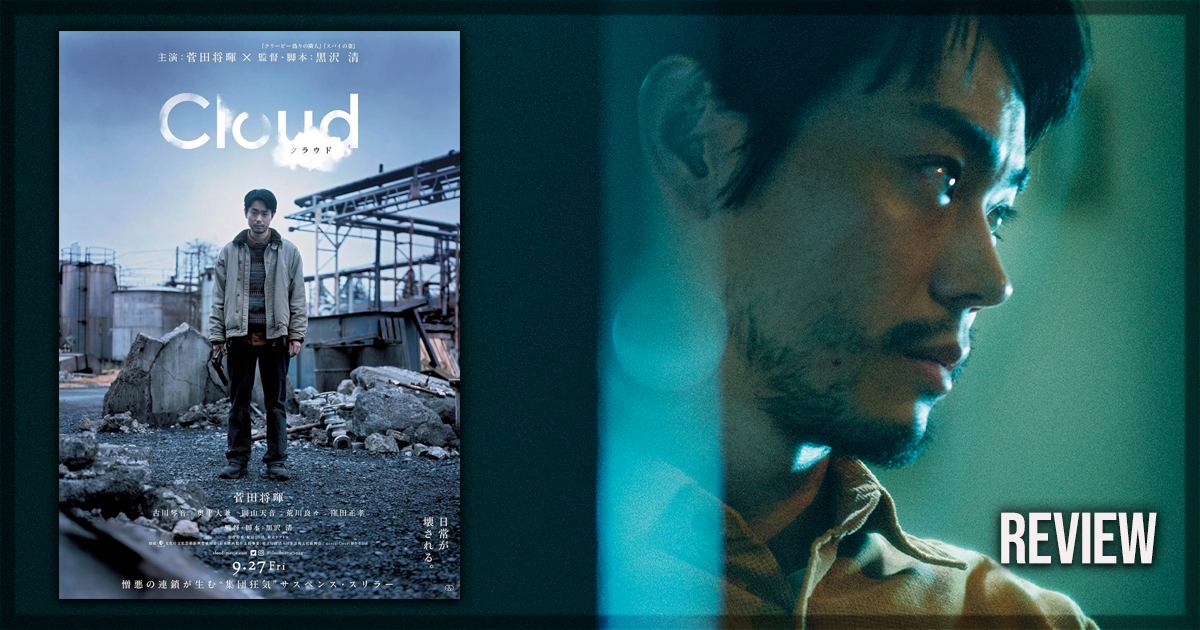Kiyoshi Kurosawa is one of the most prolific directors in world cinema. This year, he premiered Chime at the 74th Berlinale. The French remake of his 1998 film, Serpent’s Path, went to the San Sebástian Film Festival. Concluding his year, Cloud debuted at the Biennale di Venezia, and Japan selected it to represent the country in the Best International Feature category at the 97th Academy Awards. In a year of such intensive work, Kurosawa presents in Cloud a genre-blending narrative that displays the tropes of genres to create entropy. It is a film that develops its story using different approaches to impact majorly the viewer.
Ryosuke Yoshii (Masaki Suda) is a factory worker who resells items online. He is a deal seeker and looks for the best opportunities to make money and upgrade his lifestyle. When his boss, Takimoto (Yoshiyoshi Arakawa), states his wish to promote him to a leadership role in the industry, Yoshii asks for his firing and decides to move to the countryside with his girlfriend, Akiko (Kotone Furukawa). In his new house, he gets peace, an immense storage space for his products, and an assistant, Sano (Daiken Okudaira). In a sudden reaction to some past attitudes from Yoshii, numerous random events happen around the house until it reaches an imploding point. Kiyoshi Kurosawa furnishes a violent thriller that does not abandon his horror roots. He uses the styles of the haunted house and the home invasion subgenres. He knits an elegant explosive film that works efficiently inside its narrative disposals.
There is a noticeable and apparent division between the two halves of the story. The first has a slow-burning development to establish a repetitive and tedious routine. His actions are procedural and do not provide enough pleasure for liking. The moments of transparent satisfaction for Yoshii are the ones where he makes money. Even the dialogue with Akiko is monetary related, which creates a sense of money as the main subject of their relationship. In this sense, capitalist greed is the driving force of his life. He believes that selling goods and accumulating money is the sole manner of acquiring significance in his life. Kurosawa is not subtle in his approach to his criticism of the avarice. It is a frontal affirmation of an almost biblical message of a godly punishment for his deadly sin. However, it is not directly linked to a religious purpose, as the film goes for the symbolism of ideas that connect itself to a thread of violence.
The second half goes to an absurd study of the final straw of patience that a human being can have, and only violence through one action can change things. Furthermore, Kurosawa offers thirty final minutes of explosion and kinetic action to conclude his ghostly ideas about the house and the invasion of life. He shifts the tone of the conversations, fulfilling the motives that inspired each subject to act against Yoshii to an almost dialogue-less sequence of entropy on the screen. Kurosawa presents his formal tone to direct action scenes when the film has precise blocking to guide the viewer throughout the whole field of action and provide cohesive editing to the frames on the screen. The organized chaos of the chasing movements and the meticulous cuts allow the viewer to understand where each character is, adding much to the suspense and tension.
As a whole, Cloud lands in some moments of dragged rhythm, which the story does not progress much, and slow-burning requires patience from the person watching. However, the economic vision that Kiyoshi Kurosawa has for its visual and narrative supplies a film that works on a minor scale. The film escapes from the macroscopy of Tokyo to invest its thriller in the countryside in a smaller scope to develop a tense involvement of characters and actions. It contrasts the borderline horror elements, the ghostly presence of the woods, and the invasion through strangers breaking their windows or breaking into the house. Yet, there is space for comic notes involving the motives of supporting characters to engage in some of those activities.
Cloud delivers a simple but tense and well-directed story that blends horror, thriller, and action to a tale about corporate greed, revenge, and karma. Even with some inconsistency regarding its rhythm and narrative moments, its strong final act boosts the film to an exquisite and impactful outcome.
Cloud (Kuraudo) screened in September at the Venice Film Festival.
Learn more about Cloud at the title’s official website.
You might also like…

Review: ‘Perfect Days’ has a simple premise but profound meaning

‘Planéte B’ Review: Film Questions A Reality in Which Corporations and the State Control Free Choice

